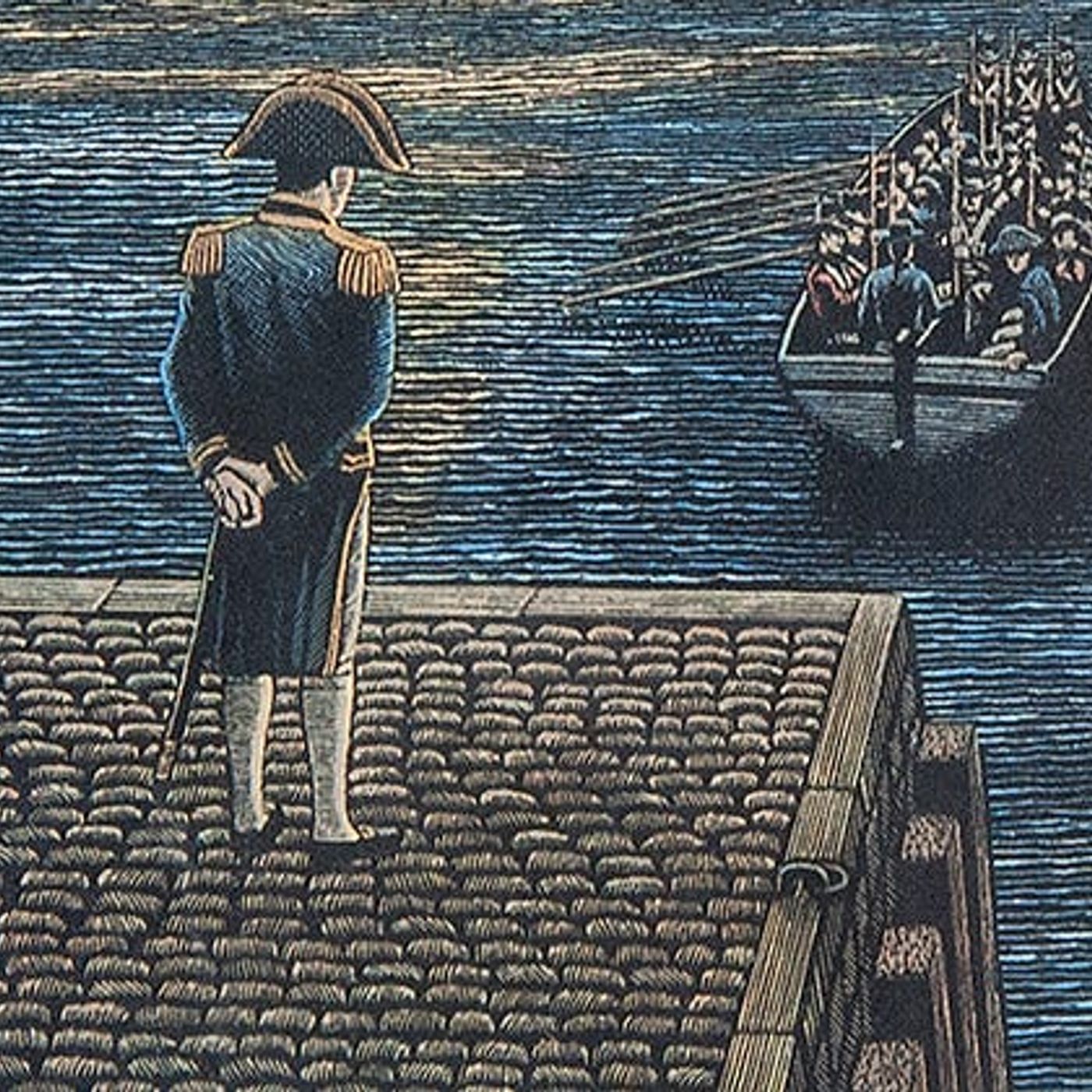Episode 724: The Fictional Officer Corps: From Hornblower to Stark - with Claude Berube
- Author
- Midrats
- Published
- Mon 09 Jun 2025
- Episode Link
- https://www.spreaker.com/episode/episode-724-the-fictional-officer-corps-from-hornblower-to-stark-with-claude-berube--66466589
Today we’re going to take a friend’s Substack post and turn it into one of the best podcast hours you’ll have this summer…and maybe give you some ideas about books you need to take with you for the July 4th weekend.
From Claude’s May 23rd Substack:
From the gun decks of HMS Indefatigable to the command chair of a futuristic starship, the portrayal of naval officers in fiction has evolved alongside society's changing views of leadership, warfare, and heroism. The archetype of the naval officer has been shaped not only by historical precedent but also by the imaginative needs of authors responding to their times.
Show Links:
In this episode of Midrats, Sal, Mark, and Claude Berube discuss the evolution of naval fiction and its impact on leadership. They explore how naval characters in literature reflect societal changes and the complexities of leadership in both historical and modern contexts. The conversation delves into moral dilemmas faced by leaders, the significance of character development, and the challenges of internal rivalries within naval settings. Additionally, they touch on the importance of historical accuracy in fiction and the future of naval literature in a rapidly changing world.
Takeaways
From Claude’s May 23rd Substack:
From the gun decks of HMS Indefatigable to the command chair of a futuristic starship, the portrayal of naval officers in fiction has evolved alongside society's changing views of leadership, warfare, and heroism. The archetype of the naval officer has been shaped not only by historical precedent but also by the imaginative needs of authors responding to their times.
Show Links:
- The Fictional Officer Corps: From Hornblower to Stark, by Claude Berube
- The Connor Stark novels and other books, by Claude Berube
- The Hornblower Series, by C. S. Forester
- Aubrey/Maturin Novels, by Patrick O'Brian
- The Caine Mutiny, by Herman Wouk
- Star Trek: The Original Series
- Run Silent, Run Deep, by Edward L. Beach
- Honor Harrington Series, by David Weber
- The Winds of War, by Herman Wouk
- Mister Roberts, by Thomas Heggen
- Wicked, by Gregory Maguire
- Star Wars’ Boba Fett
- P.T. Deuterman
- Mary Celeste
In this episode of Midrats, Sal, Mark, and Claude Berube discuss the evolution of naval fiction and its impact on leadership. They explore how naval characters in literature reflect societal changes and the complexities of leadership in both historical and modern contexts. The conversation delves into moral dilemmas faced by leaders, the significance of character development, and the challenges of internal rivalries within naval settings. Additionally, they touch on the importance of historical accuracy in fiction and the future of naval literature in a rapidly changing world.
Takeaways
- Fiction serves as a unique tool for exploring leadership.
- Naval characters in literature evolve with societal changes.
- Moral dilemmas are central to understanding leadership.
- Internal rivalries can challenge leadership effectiveness.
- Historical accuracy enhances the depth of naval stories.
- The readership among young people is declining.
- Stories about the human condition resonate deeply with readers.
- The future of naval literature faces uncertainties.
- Understanding the past is essential for shaping future narratives.
